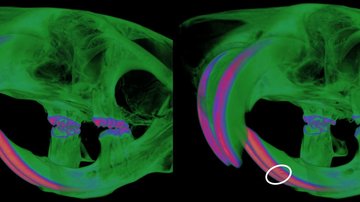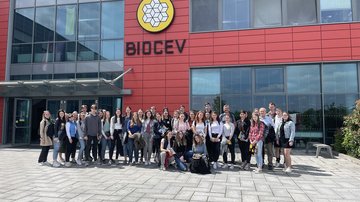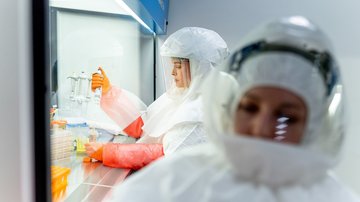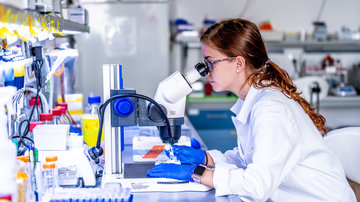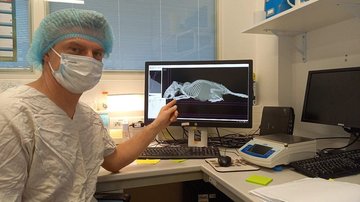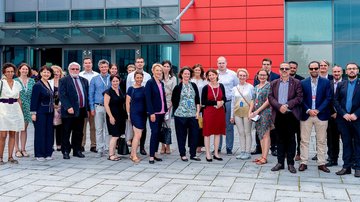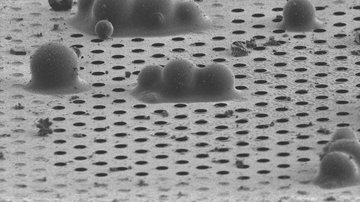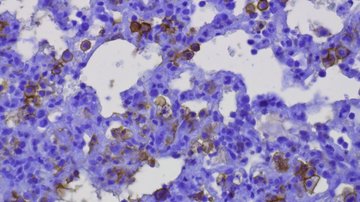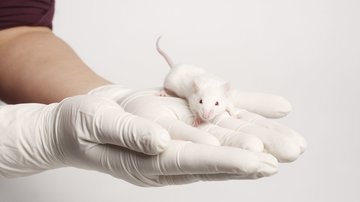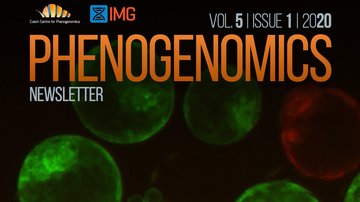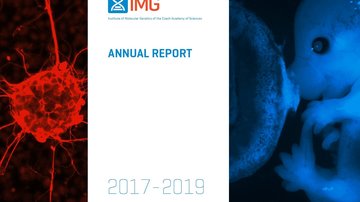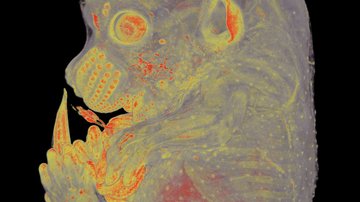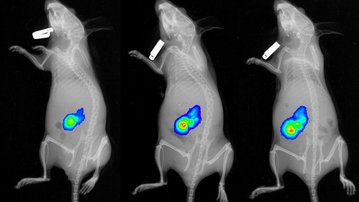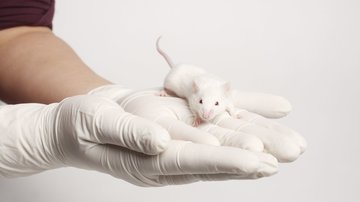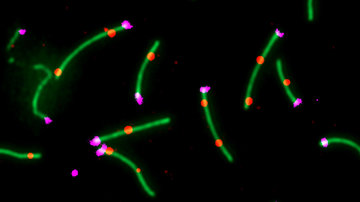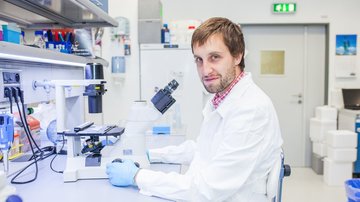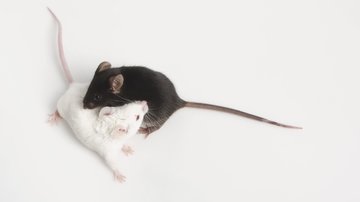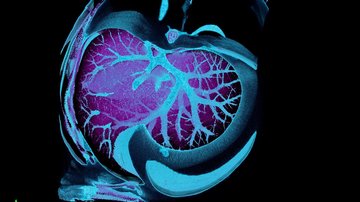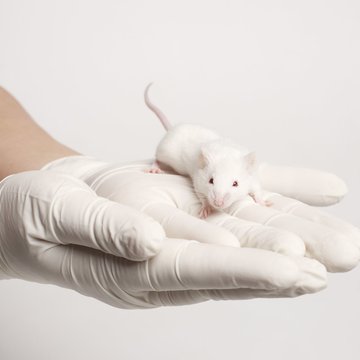
The Czech Centre for Phenogenomics
Researchers reevaluate the efficiency of two-donor method for CRISPR-Cas9
Biomedical research fields have been revolutionized with the utilization of genome editing tools like CRISPR-Cas9. This gene-editing technology is a more effective substitute to the conventional method based on embryonic stem cells to generate knock out mice. However a case should be made on whether or not the established, conventional methods are reproducible and efficient.
With regards to reproducibility, it should be noted that proof of concept papers for generation of cKO mouse alleles used insufficient data sets to demonstrate the method efficiency. To determine the efficiency of the two-donor method, the scientists at BIOCEV along with twenty other international research teams reassessed its results using statistical analyses and machine learning algorithms, in addition to testing a newer one-donor method.
When their results were evaluated, the authors of the paper concluded that the one-donor method is more effective than the conventional two-donor method. This can be explained by the events that occur during the two-donor method versus the one-donor method. In the former, it relies on the two concurrent recombination events in cis. In contrast, the latter only relies on one recombination event, which increases the probability that no unexpected mutation events happen when inserting a donor cassette. The one-donor method would therefore be a more effective approach for generating cKO animal models.
Their research illustrates the necessity that datasets and published methods are scrutinized by the scientific community at large, in order for more accurate approaches can be established. As CRISPR-Cas9 technology progresses from laboratory research to clinical trials, research and collaboration like this one is especially crucial.
Original paper:
Gurumurthy, Channabasavaiah B. et al. (2019) Reproducibility Of CRISPR-Cas9 Methods For Generation Of Conditional Mouse Alleles: A Multi-Center Evaluation. Genome Biology, 20-1 https://doi.org/10.1186/s13059-019-1776-2


